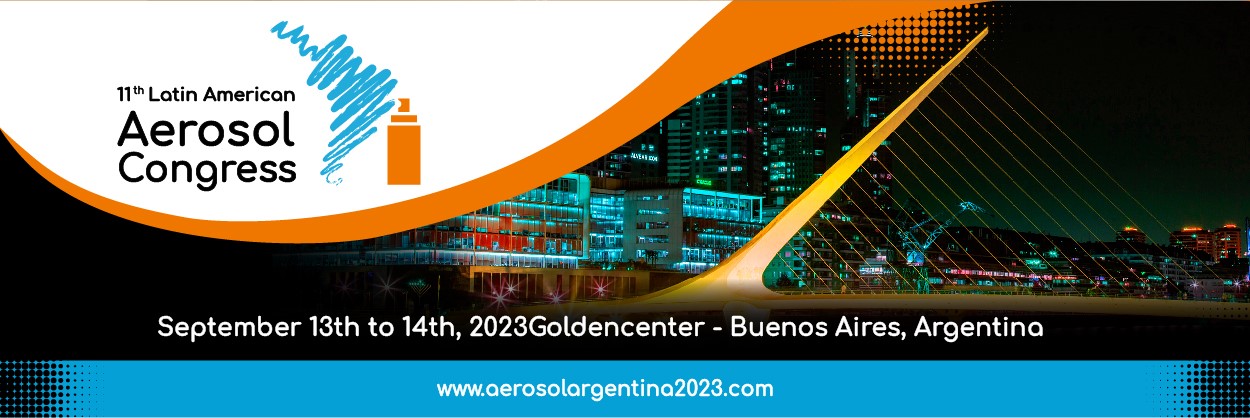Unilever aims to reveal carbon footprint of every product under new climate change goals
The major corporation has pledged to achieve net-zero emissions from all of its products by 2039 and invest €1 billion in a new dedicated Climate & Nature Fund. The fund will be used over 10 years to take “meaningful and decisive action”, with projects including landscape reforestation, carbon sequestration, wildlife protection and water preservation.
According to Unilever, the new initiatives will build on the “great work” already being undertaken by Unilever brands. Ben & Jerry’s launched an initiative to reduce greenhouse gas (GHG) emissions from its dairy farms, while Seventh Generation is advocating for green energy for all, and Knorr is supporting farmers to grow food more sustainably.
To achieve its net-zero goals 11 years ahead of the 2050 Paris Agreement deadline, Unilever will work with partners across its value chain to drive lower levels of GHG emissions. The organisation also said it believes transparency about carbon footprint will be an “accelerator” in the global race to zero emissions. Its ambition is to communicate the carbon footprint of every product for sale under the Unilever label.
In a statement, Unilever said: “To do this, we will set up a system for our suppliers to declare, on each invoice, the carbon footprint of the goods and services provided, and we will create partnerships with other businesses and organisations to standardise data collection, sharing and communication.”
Alan Jope, Unilever CEO, said: “While the world is dealing with the devastating effects of the COVID-19 pandemic, and grappling with serious issues of inequality, we can’t let ourselves forget that the climate crisis is still a threat to all of us.
“Climate change, nature degradation, biodiversity decline, water scarcity – all of these issues are interconnected, and we must address them all simultaneously. In doing so, we must also recognise that the climate crisis is not only an environmental emergency, it also has a terrible impact on lives and livelihoods. We, therefore, have a responsibility to help tackle the crisis: as a business, and through direct action by our brands.”
“Our collective responsibility in tackling the climate crisis is to drive an absolute reduction of GHG emissions,” said Marc Engel, Unilever’s chief supply chain officer, “not simply focus on offsetting – and we have the scale and determination to make it happen. But this is not enough.
“If we want to have a healthy planet long into the future, we must also look after nature: forests, soil biodiversity and water ecosystems. In most parts of the world, the economic and social inclusion of farmers and smallholders in sustainable agricultural production is the single most important driver of change for halting deforestation, restoring forests and helping regenerate nature. In the end, they are the stewards of the land. We must, therefore, empower and work with a new generation of farmers and smallholders in order to make a step-change in regenerating nature.”











